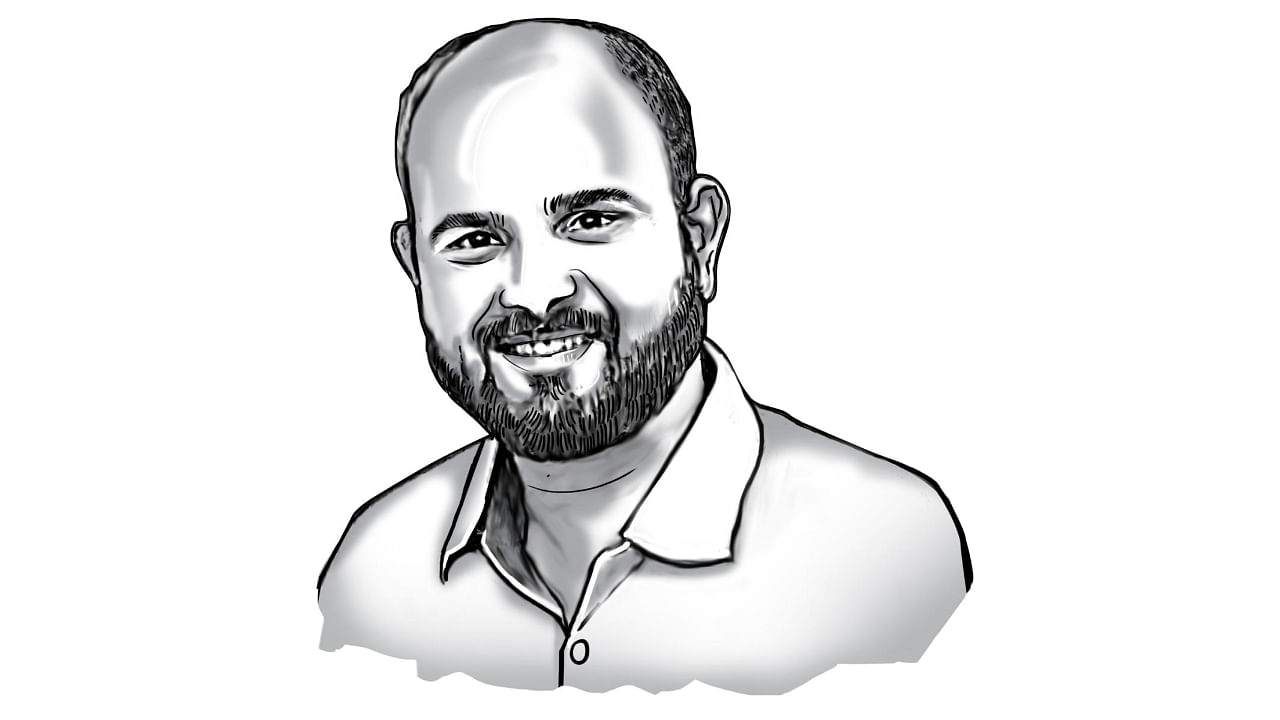
Last month, Madhya Pradesh initiated implementing medical education in Hindi by releasing three textbooks in that language. It was of a piece with the National Education Policy 2020’s mandate to empower a state’s local language. A number of luminaries in the medical community (including Hindi-speakers) lit into it. They asked: In a field as important as public health, whose best practices perhaps accrue to you only through the English language, was this switch in medium required? Won’t it further worsen the prospects of young Indians who have grown up without English and who necessarily need to know it?
It seems Indian policymaking has mastered the habit of tying itself up in knots over the place of Indian languages and that of English. They don’t see English now as an Indian language which Indians stake claims over. The MP episode convinced me further that there is no country in the world so deluded about its past, listless about its present, and directionless about its future as contemporary India. The thought-process informing essential areas such as medical education betrays the acuity of our funk. In the 21st century, to not leverage our command over English and to be still conflating it only with colonialism is utterly self-sabotaging, even if we were to ignore the hypocrisy of it. Notwithstanding its flip sides, English has enriched and empowered India.
There is no language the people of India need more today than English. Not Queen’s (or should that be King’s, now) English, but working, functional English. We run around in circles on it. Why do we think of English and the Indian languages in binaries only? It assumes that our native languages are unalloyed and ‘pure’. Far from it. Indian medical experts and scholars have criticised even the Hindi that is in use in the recent medical syllabi. In a language and dialect-diverse countryside, should medical students from non-English-speaking environments, who are already coping with communication issues if they move from their home state to another place, be saddled with learning a new language? Are these priorities?
It’s an unpopular thing to say at the moment, but India needs much more English to grow as a country and improve its global prospects. It must reach our remotest corners. Surely, our local languages must be given a fillip, but that mustn’t transpire at the cost of English. This doesn’t mean India over-anglicises itself. In any case, in the present, it can be commonly assumed that most Indians with some education would easily be exposed to more than one Indian language. Hindi is most likely spoken in every part of India, although surely the extent varies from the north to the other parts. Hindi doesn’t need a greater boost as our ‘national’ language.
Almost all the non-Hindi speaking states perceive Hindi as a hegemon. At one point of time, the Shiv Sena in Maharashtra objected to Hindi signages in Mumbai. That people so close to Hindi as the Maharashtrians saw it this way indicates how much anti-Hindi sentiment exists across India. When you have boondock bad-land states such as Uttar Pradesh exemplifying Hindi identity, you haven’t any hope in hell to win people over to it. In the eyes of the non-Hindi speakers, it has a massive image problem. Hindi’s connotations make it look more colonising than even English. A large part of non-Hindi-speaking India will accept English over Hindi any day. Current moves to promote the local languages must not come at the cost of English. If anything, the Hindi-belt states in the north must take the lead to promote English education. For its own sake, North India must not let the desire for Hindi hegemony mar the prospects of its own youth.
(The writer is a Vidyashilp University academic who believes we are living through the apocalypse @rajayaram)